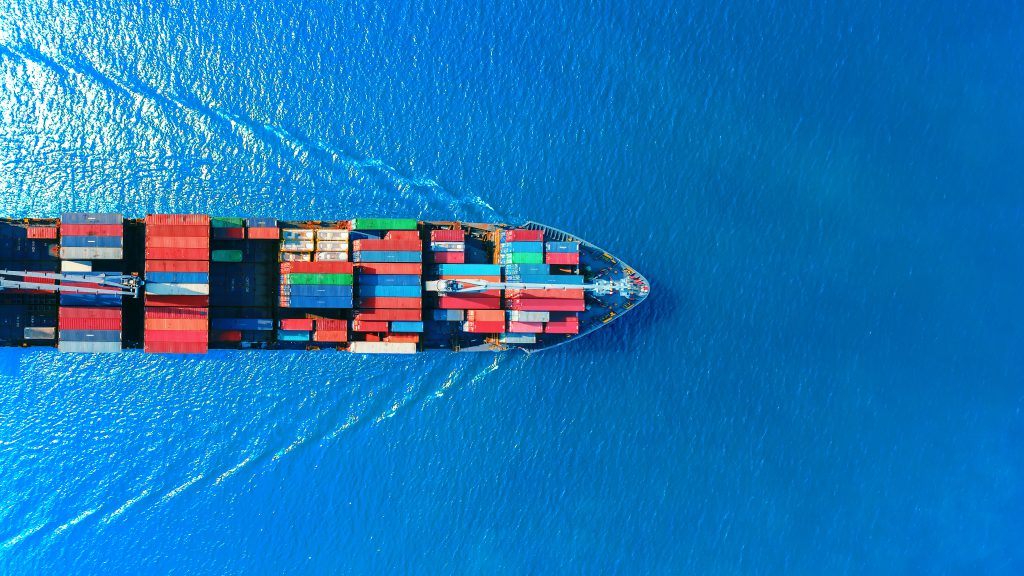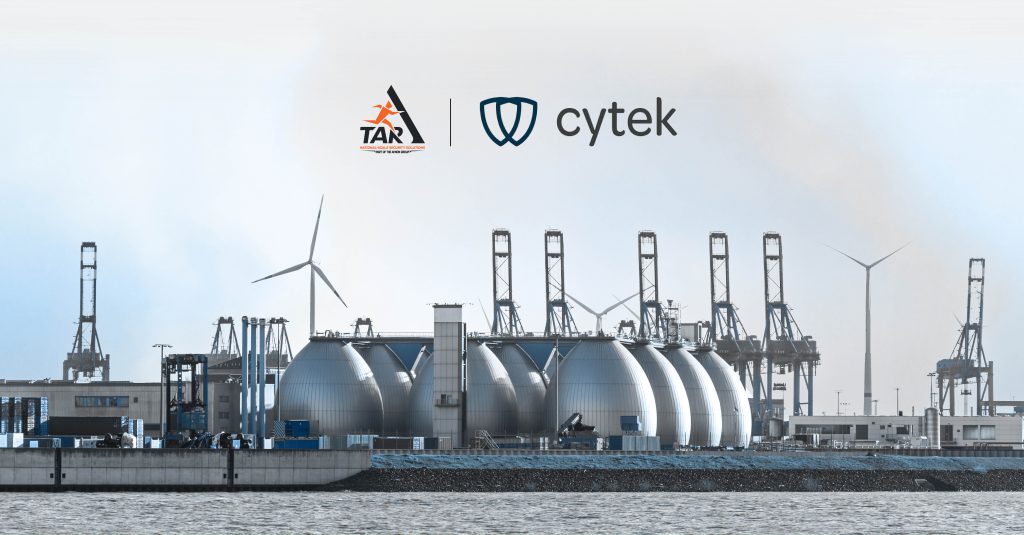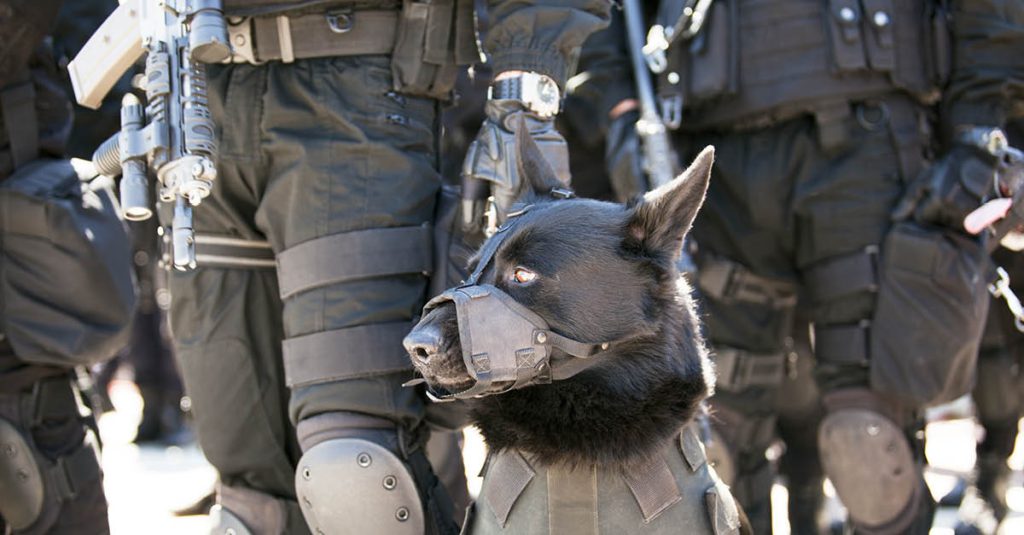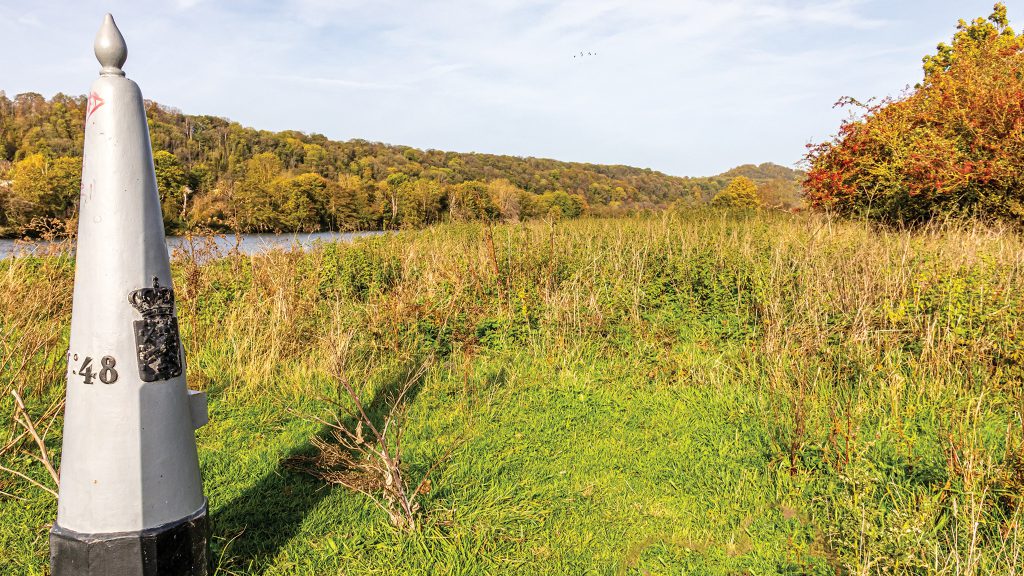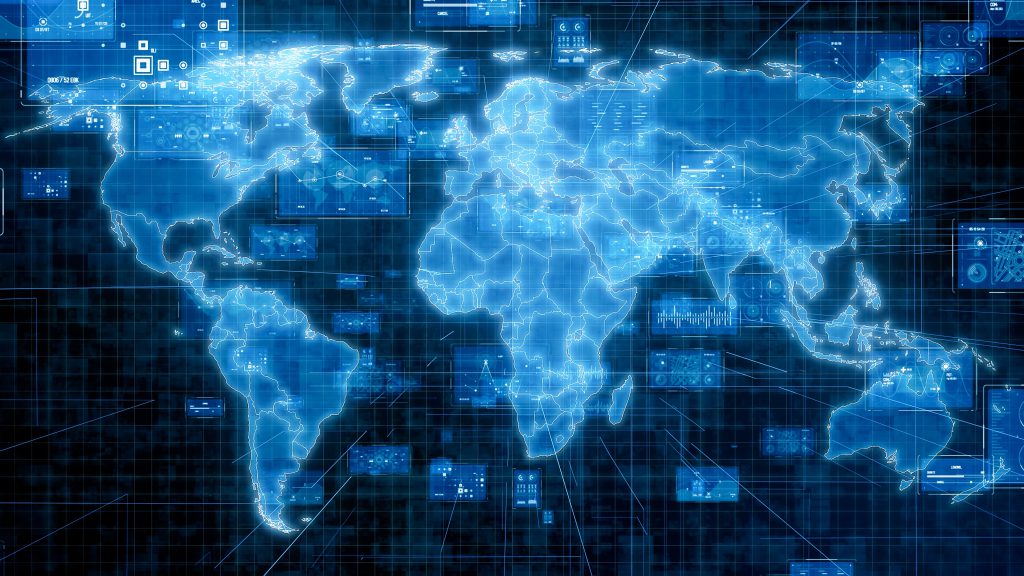When a country cannot protect its EEZ, it quickly loses control over its maritime assets
What is the EEZ? As prescribed by the 1982 United Nations Convention on the Law of the Sea, there is an exclusive economic zone (EEZ) in the ocean where a sovereign state has special rights regarding the exploration and use of marine resources in this area of the sea. Generally, it stretches from the outer limit of the territorial sea (12 nautical miles from the baseline) out to 200 nautical miles (NMI) from the state’s shoreline.
“The concept of EEZ generally isn’t given much attention by states until they find something valuable in their waters; at this point, they ‘wake up,’ so to speak”, says an executive at TAR Ideal’s Maritime Department. TAR Ideal, an Avnon Group company, offers proactive maritime security solutions and innovative platforms that address the maritime arena’s unique challenges.
״It goes without saying that the extraction of oil and gas in the EEZ is permissible. The fishing industry is another primary source of income for many states, so it needs to be protected. Hostile elements can exploit the situation in a situation where the EEZ is left to its own devices”.
״Developing African countries with limited resources to protect their own EEZ experience much more significant difficulties than western countries with large fleets, coastal protection systems, and unmanned maritime patrol systems. Because this challenge is so complex, some African countries do not even attempt to deal with it”.
“Many weaker countries have exclusive economic zones that are exploited by stronger countries or criminal elements. Illegal fishing or illegal connections to oil and gas pipelines are common ways to steal natural resources. When a country is unable to protect its EEZ, it quickly loses control over its maritime assets”.
Of the 54 African states, it’s estimated that 38 have a coastal border. Together they total 48,000 km of coastline and 13 million km2 of maritime zones. In order to combat the scope of Africa’s maritime threats, significant investments need to be made in raising public awareness, tracking people and cargo at sea, and detecting suspicious activity as soon as possible. Many countries lack the capacity to act on surveillance to deter or apprehend potential offenders.
– How can a country regain control over its EEZ?
“Establishing a naval command based on large patrol boats that can stay at sea for a long time and are supported by coastal defense systems requires a massive investment of millions of dollars. EEZ protection has unique challenges that differ from ground border protection in many ways. Rain, high humidity, and a raging sea all affect the work of sensors, reconnaissance vessels, and security teams. There are no border fences to restrict movement, and thousands of vessels are always roaming the sea: fishing boats, yachts, merchant ships, and warships. Additionally, there are many suspected targets in the sea, so you have to determine who you allow to enter your EEZ and who you should warn not to”.
The executive emphasizes: “Investing in EEZ protection is a cost-effective strategy. TAR Ideal’s naval department is capable of helping a country with no EEZ protection plan establish a robust naval command to protect its borders. A variety of systems are used to gather intelligence and identify enemies, including observation posts, surveillance drones, sensors, and patrol boats. Nowadays, even if you can’t see the danger with your own eyes, like in the open vast sea, you should always remain vigilant. The importance of EEZ protection has never been greater”.


